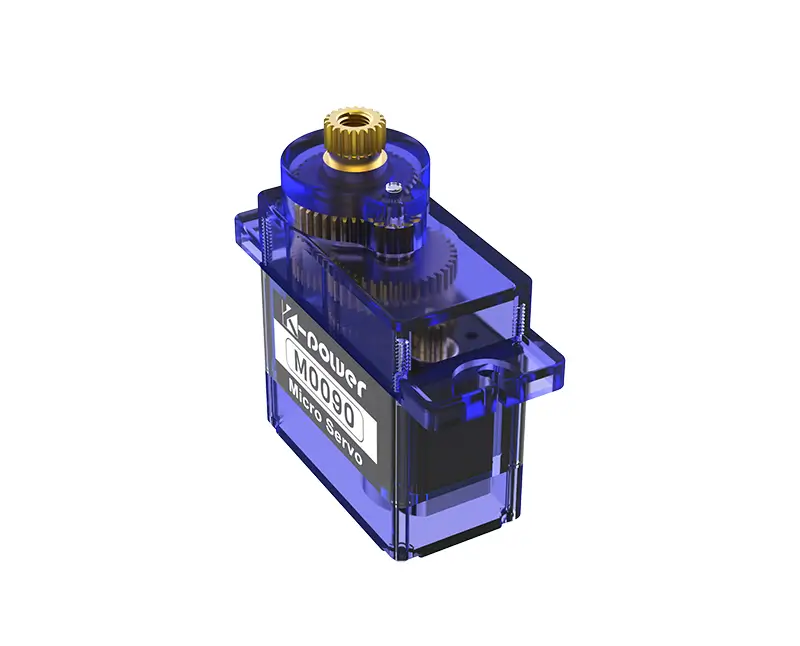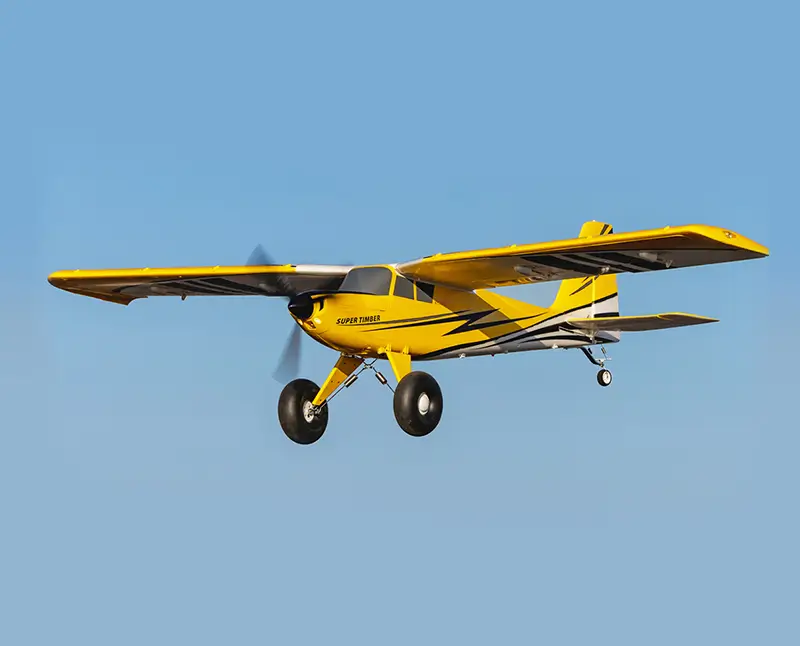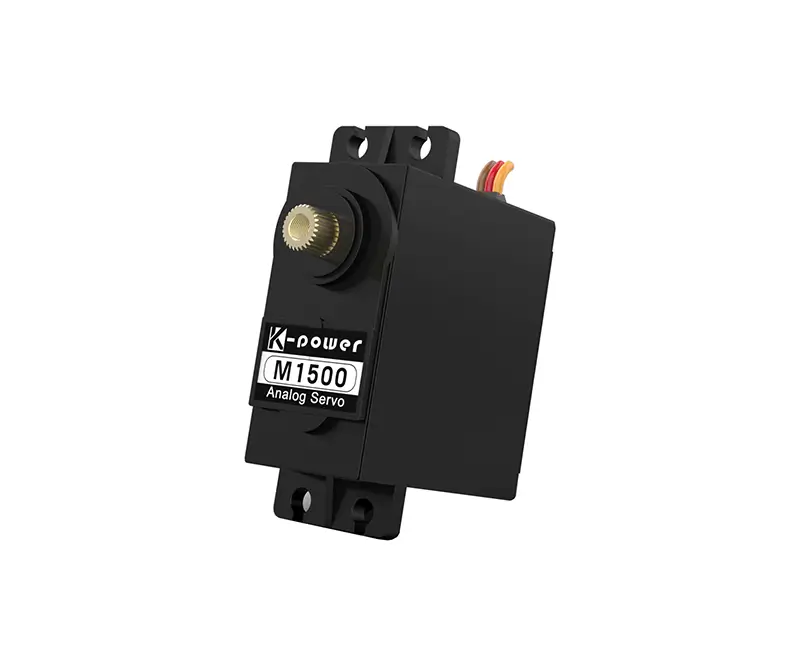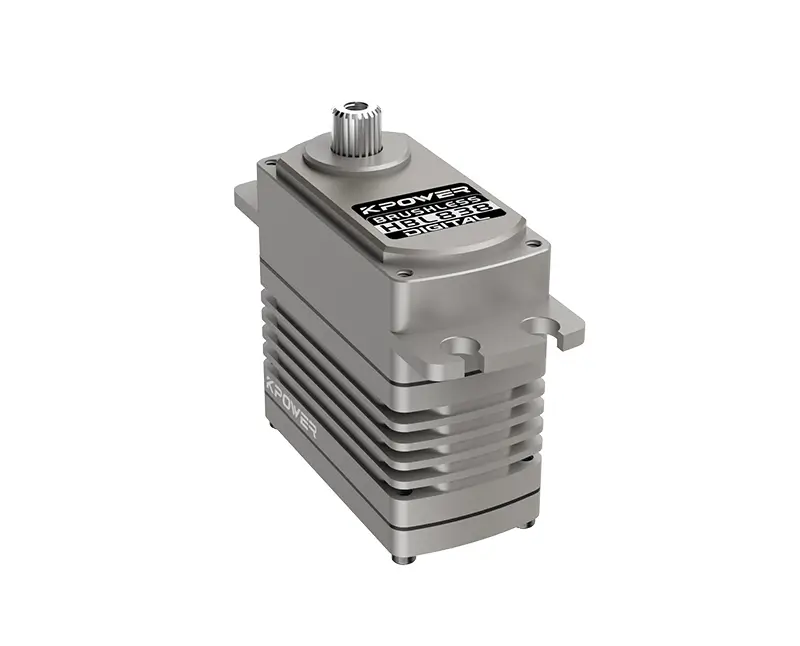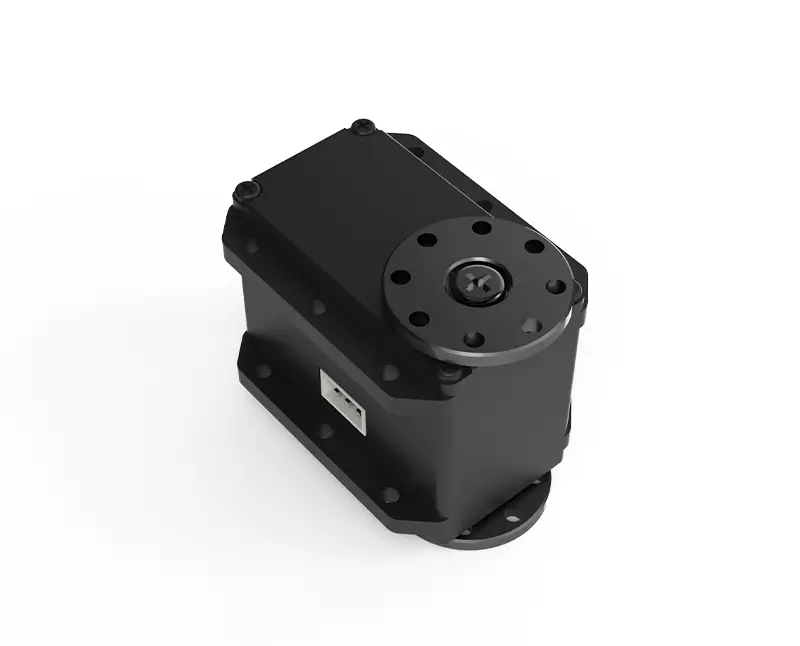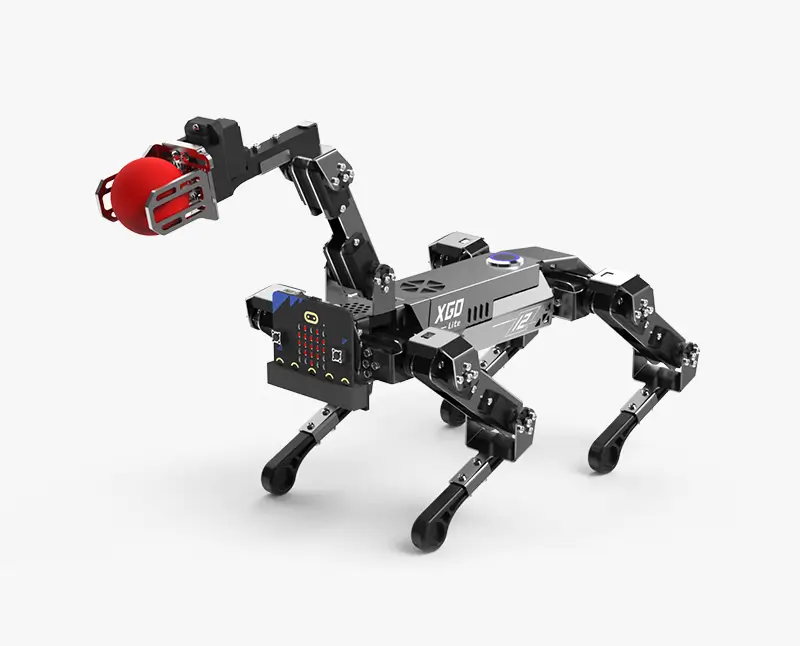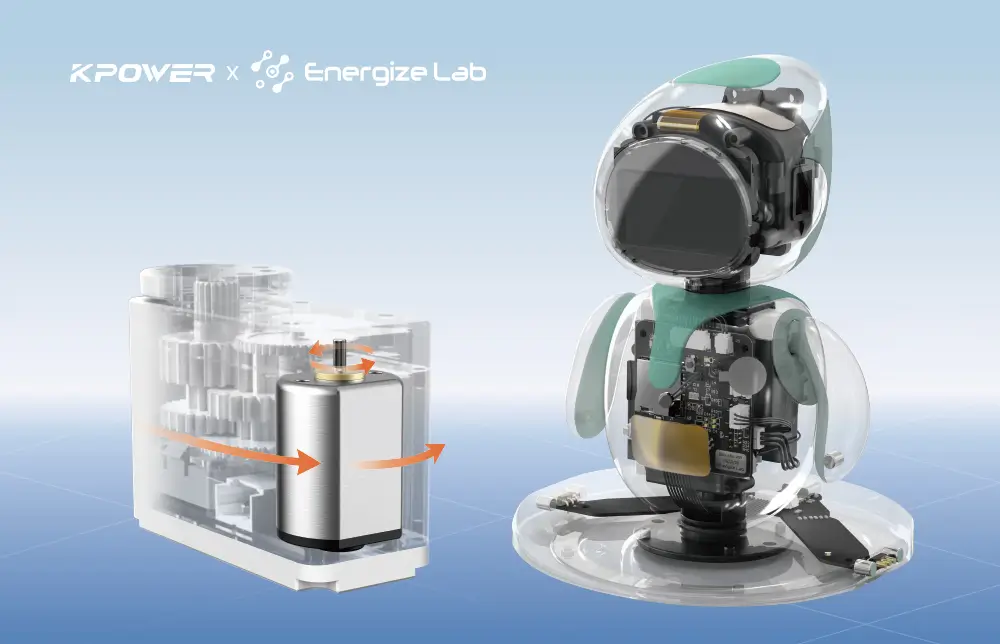The Heart of Precision: Why RC Airplane Servos Matter
If you’ve ever watched an RC airplane slice through the sky, executing flawless loops, rolls, and landings, you’ve witnessed the magic of servos in action. These tiny but mighty devices are the unsung heroes of radio-controlled aviation, translating your transmitter’s commands into precise mechanical movements. Whether you’re a seasoned pilot or a newcomer to the hobby, understanding servos is key to unlocking peak performance—and finding the right ones for sale can make all the difference.
.webp)
What Are RC Airplane Servos?
Servos are compact motors integrated with control circuitry, designed to rotate to specific angles based on electronic signals from your RC transmitter. They’re responsible for moving control surfaces like ailerons, elevators, and rudders, ensuring your plane responds accurately to your inputs. Without reliable servos, even the most advanced RC aircraft would be grounded.
Types of RC Servos: Analog vs. Digital
When browsing servos for sale, you’ll encounter two primary types: analog and digital.
Analog Servos: These traditional servos use a simple circuit to adjust the motor’s position. They’re budget-friendly and sufficient for basic maneuvers but may lack the precision needed for high-speed aerobatics. Digital Servos: Equipped with microprocessors, digital servos deliver faster response times, higher torque, and smoother operation. They’re ideal for competitive pilots or complex aircraft like 3D aerobatic planes.
Another key distinction is the motor type:
Brushed Motors: Affordable and widely available, but they wear out faster due to friction. Brushless Motors: More efficient, durable, and powerful, making them a favorite for high-performance applications.
Key Factors to Consider When Buying RC Servos
Torque (kg/cm or oz/in): Torque determines how much force a servo can exert. Larger planes or high-speed models require servos with higher torque to handle wind resistance and aggressive maneuvers. Speed (Seconds per 60° Rotation): Faster servos (e.g., 0.10s/60°) provide quicker control surface adjustments, critical for precision flying. Size and Weight: Servos come in standard sizes (e.g., micro, mini, standard). Match the servo to your plane’s specifications to avoid imbalance or fit issues. Material and Durability: Metal gears (aluminum or titanium) withstand stress better than plastic, making them ideal for heavy-duty use. Waterproofing: If you fly in damp conditions, opt for servos with sealed casings. Brand Reputation: Trusted brands like Futaba, Spektrum, Hitec, and consistently deliver quality and reliability.
Top Servo Picks for Different RC Airplane Styles
Beginner/Trainer Planes: Hitec HS-311 (Affordable, durable, and easy to install). Sport and Aerobatic Models: SH-0255MG (High-speed, metal gears, mid-range torque). Large Scale/Warbirds: Spektrum A6300 (High-torque, waterproof, designed for 1/5-scale planes).
Where to Find the Best RC Airplane Servos for Sale
Now that you know what to look for, the next step is finding reputable sellers. The RC hobby market is vast, but not all retailers are created equal. Let’s explore your options.
Online Retailers: Convenience Meets Variety
Amazon: A one-stop shop for servos from brands like TowerPro and JX Servo. Use filters to compare specs and read user reviews. Specialized Hobby Stores: Websites like Horizon Hobby, HobbyKing, and AMain Hobbies offer curated selections, expert advice, and frequent discounts. Manufacturer Direct: Brands like Futaba and Spektrum sell servos through their official sites, often with warranties and customer support.
Pro Tip: Sign up for newsletters to get alerts about flash sales or holiday discounts!
Local Hobby Shops: Hands-On Experience
While online shopping is convenient, visiting a local hobby shop lets you inspect servos in person. Staff can offer tailored recommendations based on your plane’s requirements, and you’ll support small businesses.
Secondhand Markets: Bargain Hunting
Platforms like eBay or RC forums often list lightly used servos at lower prices. However, verify the servo’s condition and test it before committing.
Installing Your New Servos: A Step-by-Step Guide
Remove Old Servos: Disconnect the battery, unplug wires, and unscrew mounting hardware. Test Fit the New Servo: Ensure it aligns with the control horn and fits snugly in the compartment. Secure and Connect: Use screws to fix the servo, attach the control rod, and plug wires into the receiver. Calibrate: Power on the system and adjust endpoints via your transmitter to prevent over-travel.
Maintenance Tips to Extend Servo Lifespan
Regular Cleaning: Dust and debris can jam gears. Use compressed air to blow out residue. Lubrication: Apply silicone grease to gears annually (avoid petroleum-based oils). Check Connections: Loose wires or corroded connectors can cause erratic behavior.
Troubleshooting Common Servo Issues
Jittering/Jerking: Often caused by signal interference or worn gears. Replace gears or relocate antennas. Overheating: Excessive load or voltage mismatch. Confirm your servo’s voltage rating matches your BEC (Battery Eliminator Circuit). Dead Servo: Check for broken wires or a faulty receiver channel.
Final Thoughts: Soar with Confidence
RC airplane servos are the bridge between your vision and the sky. By prioritizing quality, compatibility, and proper maintenance, you’ll ensure countless hours of smooth, exhilarating flights. Whether you’re upgrading an old model or building a new masterpiece, the right servos will elevate your experience from good to gravity-defying.
Ready to take control? Explore the best RC airplane servos for sale today—your next adventure awaits at full throttle!


































.webp)
